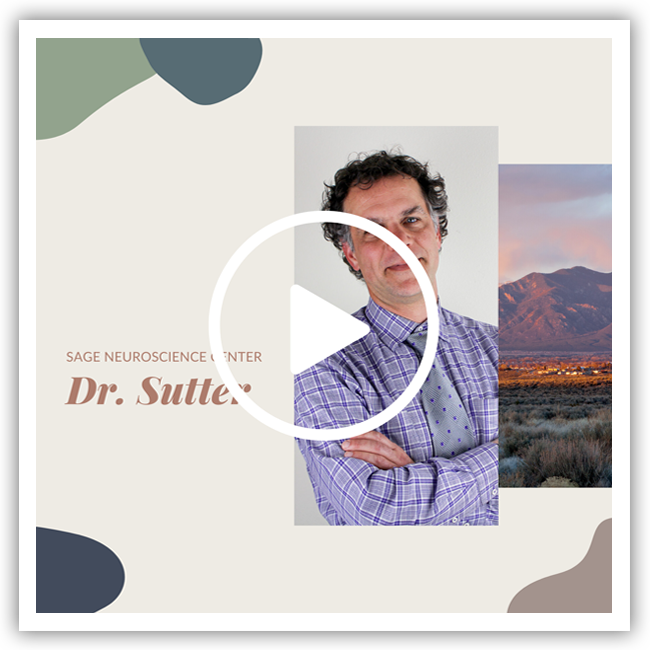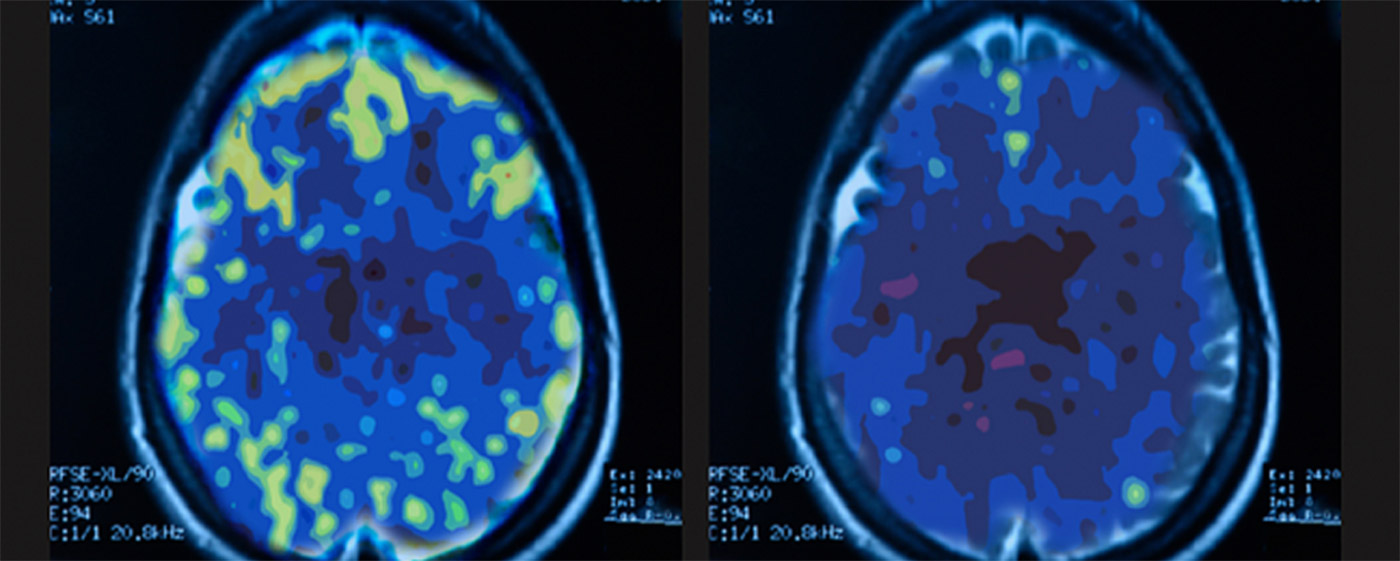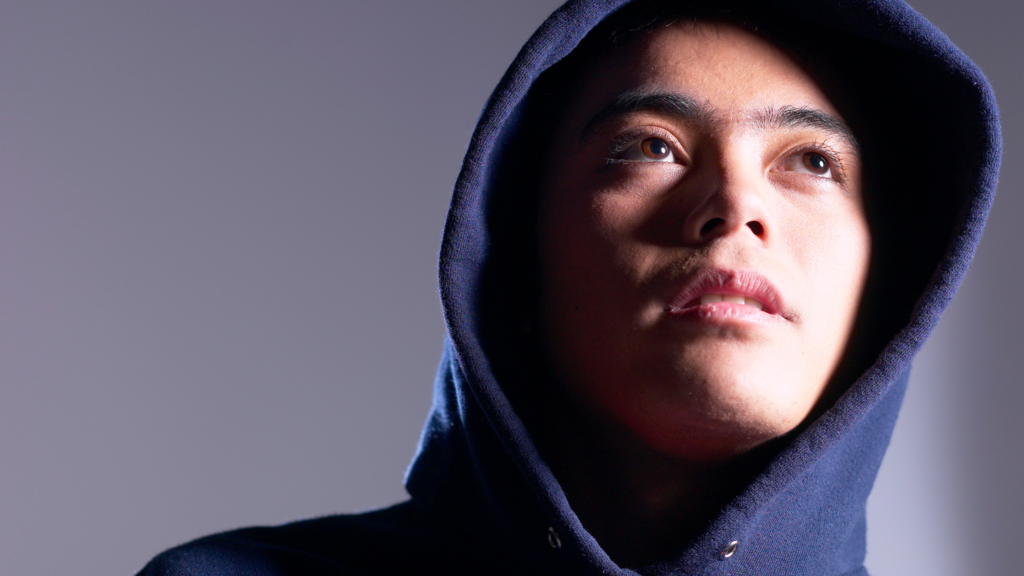A Drug-Free Depression Treatment
Transcranial Magnetic Stimulation (TMS) therapy is the first and only non-systemic and non-invasive TMS device cleared by the U.S. Food and Drug Administration (FDA) for the treatment of patients with major depression who have not benefited from prior antidepressant treatment. TMS therapy uses a highly focused, pulsed magnetic field to stimulate function in targeted brain regions.
The nature of the magnetic field allows it to pass through a patient’s hair, skin, and skull and into the mood-regulating area of the brain. This method allows for targeted stimulation, minimizing the stimulation of brain tissue not involved in mood.
Details About Our TMS Services in New Mexico:
- Offered in an outpatient setting at our Albuquerque health clinic.
- TMS treatments take place every Monday through Friday for a total of six weeks (note: This schedule may vary slightly depending on your unique needs).
- After the initial 30 sessions are completed, there are five taper sessions over the next few weeks.
- TMS is approved for patients aged 18 and older.






